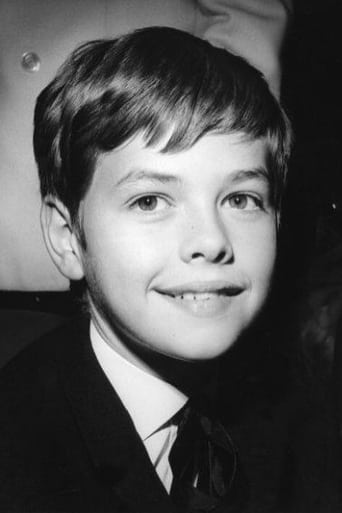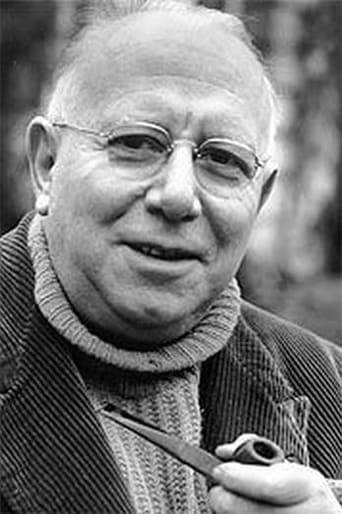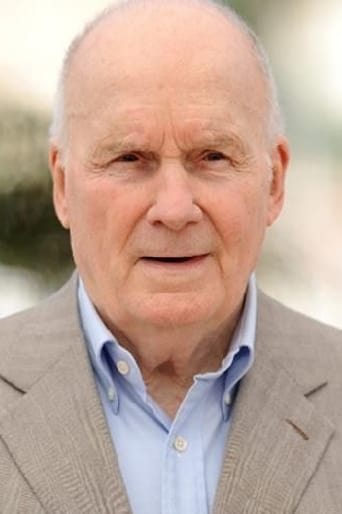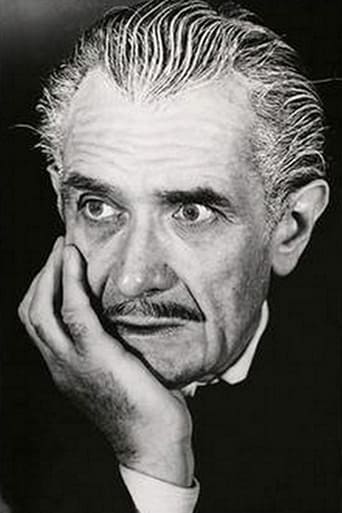Majorthebys
Charming and brutal
DipitySkillful
an ambitious but ultimately ineffective debut endeavor.
Patience Watson
One of those movie experiences that is so good it makes you realize you've been grading everything else on a curve.
Phillida
Let me be very fair here, this is not the best movie in my opinion. But, this movie is fun, it has purpose and is very enjoyable to watch.
p.newhouse@talk21.com
An all-out attack on the repressive nature of Catholic boarding schools in the post-wwII period, this film examines the (platonic) love between two boys, two years apart, in the same school, and the attempts by the school to condemn homosexuality amid the burgeoning changes within society, which are embodied in the attitudes of the school's students. Beautifully acted, and a difficult subject deftly handled by both leads.
ggray33
Many reviews of this film state that George is 16 or 17 (and he appears so in the film) which leads to all the comments that he is a pedophile. But in the book by the author, his age is given as 14 (page 1) when he enters the school. To me, this changes the dynamics completely about the story. It becomes one of puppy love--although deeply and profoundly felt. There is no doubt that early in the book, he feels attraction for a Lucien, a classmate, and that he is possibly gay. I challenge anyone to cite in the book where it says that George is 16 or 17.The movie is so beautifully made that the love between the two is totally believable. But I wish that it had been made as the author wrote it.
Antonio-37
Francis Lacombrade stars as the young Comte Georges de Sarre, student at a French boarding school run by the priests. Didier Haudepin is the even younger Alexandre, another student at the same school. It is post WWII France, and the school is run with heavy discipline.Georges develops a special friendship with Alexandre, hence the title of the novel and the movie made from the novel. Roger Peyreffite is quite a famous French author, and this story is his best work.The two boys develop their friendship in spite of the rules of the fathers who are dead set against this sort of thing happening at their school. Not that there is anything sensual about the relationship, just a few chaste kisses and poems with Georges describing Alexandre as his "bijoux".There is a touching scene in the movie with the two boys hidden in a haystack lying besides each other, sharing the joy of their company and a stolen cigarette.Not to give away the ending, but tragedy befalls the two boys. Interesting to note that a friend of Peyreffite, who also worked as a French civil servant, Henri de Montherlant also wrote a novel about the love between two boys. The Boys is also set in a Catholic boarding school, but around the turn of the 19th century. And a similar tragic ending.In both stories, the Church and its rules against too much affection between schoolboys plays a major role in the story as one of the antagonists. We are left wondering just how well both stories might have turned out if the boys had been left alone to share their friendships.
Paul Emmons
I had read the novel (in English translation, one of two which have been published?) several years before seeing the film. It is, I think, characteristically French: carefully descriptive, observant, objective, restrained, but also subtly hypnotic. I read and read, and almost put the book down halfway through because it didn't seem to be going anywhere or making any impact on me. Then, all of a sudden, I was in tears-- but I still couldn't say exactly what had hit me other than everything. It was as though the pieces of a puzzle suddenly fell into place.The film is faithful to the spirit as well as the letter of the book. Both were remarkably bold gestures for their time, describing an earlier generation and environment which were even more strait-laced. Like me, you may fall gently under its spell, then-- wham! Sheer magic.






